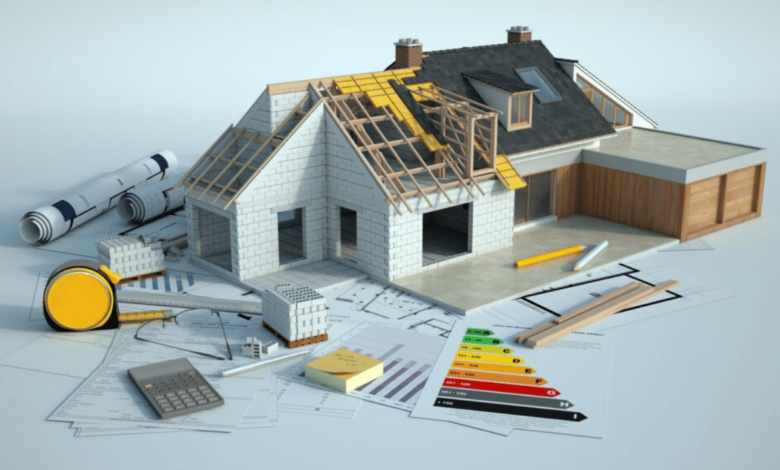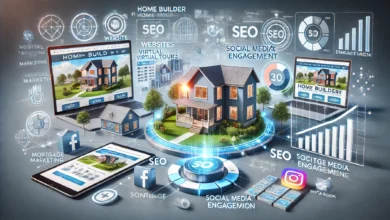Crafting Effective Strategies for Home Builder Marketing

The Role of Marketing in Home Building Success
Successful homebuilders understand marketing is the cornerstone of generating consumer interest and driving sales. Strategic marketing increases brand visibility and shapes customer perceptions, creating a foundation for business growth. A robust builder marketing plan is vital in the competitive homebuilding arena. It spotlights a brand’s strengths and unique offerings, distinguishing it in the marketplace and connecting it with the right audience.
Understanding the Home Buyer’s Journey
Home purchasing is one of a person’s most significant decisions, often filled with extensive research and contemplation. This journey is a sequence of steps beginning with the initial realization of needing a new home, then an investigation into options, and ultimately concluding with the purchase decision. Strategic marketing is pivotal throughout this process, providing valuable information and support at each stage. By developing a deep understanding of this process, home builders can craft marketing messages that resonate with buyers and guide them toward their dream homes.
Digital Marketing Channels for Home Builders
The digital landscape offers many channels for home builders to market their properties. Websites, search engine optimization (SEO), pay-per-click (PPC) advertising, email marketing, and various social media platforms are tools that, when used correctly, can attract and engage prospective buyers. Each platform has its unique benefits and audience, making it imperative for home builders to select the right mix and tailor their content for each medium. In doing so, they can amplify their reach and build a robust online presence.
Content that Connects: Telling Your Home Building Story
An engaging narrative is the heartbeat of any effective marketing strategy, especially in the home building industry, where buyers seek more than just a property — they’re searching for a place to call home. Developing a content strategy highlighting a builder’s craftsmanship, commitment to sustainability, or community involvement builds trust and establishes a connection. These stories encapsulate the brand’s essence and showcase the lifestyle a buyer can attain by choosing their homes.
Utilizing Storytelling to Showcase Unique Selling Propositions
Every home builder has a set of unique selling propositions (USPs) that distinguish them from the competition. Compelling storytelling showcases these USPs, highlighting the unique features of each builder’s home, such as innovative designs, superior construction materials, or smart home technologies. Engaging content that tells the story of these USPs can resonate strongly with potential buyers, helping to sway their purchasing decisions.
Analytics and Tools for Measuring Marketing Impact
Understanding the effectiveness of marketing efforts is essential for continuous improvement. Tools and platforms that track website visits, conversion rates, and engagement metrics offer invaluable insights into consumer behavior. These analytics enable home builders to make informed adjustments to their strategies, enhancing the impact of their marketing and optimizing their overall spending.
Integrating Social Media Strategies for Maximum Engagement
Social media allows home builders to create a dynamic and interactive brand image. Strategy integration across platforms like Facebook, Instagram, Twitter, and Pinterest can amplify the reach of their content and foster two-way communication. Home builders can use these channels to highlight customer testimonials, share time-lapse videos of construction progress, or promote community events, creating a sense of transparency and trust — two vital attributes in homebuilding.
Embracing New Technologies: Virtual Tours and Interactive Floor Plans
With the rise of cutting-edge technologies such as 3D modeling and virtual reality (VR), prospective buyers can now experience a property without stepping foot on the premises. Virtual tours and interactive floor plans offer a realistic perspective of the property, aiding buyers in visualizing their future homes. For home builders, incorporating these technologies into their marketing arsenal is not just a novelty but a necessity in adapting to consumer expectations and staying ahead in the market.
You May Also Read: Streamline Your Airbnb With Expert Property Management Services in Melbourne




